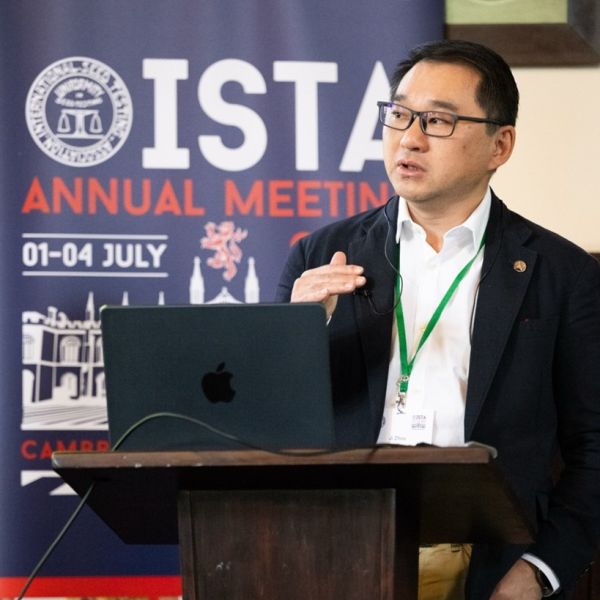Legume crop resilience and quality
Legume crops are essential for both human nutrition and the sustainability of agricultural production systems. However, realizing their full nutritional and environmental potential requires overcoming key challenges that constrain their cultivation and consumption.
Our research is primarily applied, integrating molecular genetics, genomics, and high-throughput analytical approaches to identify and characterise genetic loci that can be leveraged to enhance the resilience and quality of legume crops.
Research areas
Understanding molecular and genetic mechanisms of drought tolerance
Legume species such as cowpea are often cultivated on marginal lands that receive less than 300 mm of annual rainfall, making drought a major constraint in key production regions, particularly across sub-Saharan Africa. Although several cowpea accessions with enhanced drought tolerance have been identified, the underlying molecular and genetic mechanisms remain poorly understood.
In our laboratory, we aim to elucidate the key mechanisms underlying drought tolerance in cowpea by integrating physiological characterisation with gene expression analyses to explore the transcriptional regulators and signalling pathways that govern drought-adaptive traits. Our ultimate goal is to identify candidate genes and quantitative trait loci (QTLs) that can be leveraged in breeding programmes to develop cowpea varieties with improved drought resilience.
Enhancing nutritional and end-use quality of legumes
Many legumes contain secondary metabolites that act as antinutritional factors, reducing nutrient bioavailability (e.g. phytic acid and phenolic compounds), affecting consumer acceptance (e.g. raffinose family oligosaccharides, saponins, and volatile compounds), or limiting processing efficiency (e.g. hard-to-cook and hard-seed coat traits).
We have established and optimised high-throughput assays to quantify these traits and facilitate the identification of genetic loci that can be used in precision breeding programmes aimed at developing legume varieties with improved nutritional profiles, sensory qualities, and processing characteristics.
About the group leader
I completed my PhD at the University of Reading in Professor Donal O’Sullivan’s lab, where I worked on characterising faba bean seed protein composition and mapping its underlying genetics. I then joined John Innes Centre in Norwich as a postdoctoral researcher to work on the genetics of pea nutritional quality in the labs of Professor Janneke Balk and Professor Claire Domoney. My current research at Crop Science Centre aims to enhance the nutritional and culinary quality of legumes and other underutilised food crops by discovering the underlying genetic mechanisms.









